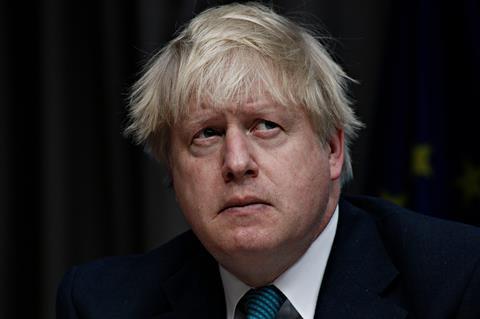Editor: At first glance, the prime minister’s highly anticipated ‘Ten Point Plan’ contains much for the green industries to be positive about. The plan includes several ambitious proposals and further reiterates the government’s commitment to mobilising investment in this area.

However, many of the finer details as to how these targets will be reached in practice still need addressing. There were also some notable omissions from the plan, including the role of solar and onshore wind, both of which are now widely accepted as being some of the cheapest forms of unsubsidised energy generation.
Many will welcome the moving forward of the ban on the sale of new petrol and diesel cars to 2030. But it should bring into sharp focus the need to accelerate investment in the UK grid infrastructure, which is urgently required to support electric vehicle-charging capabilities across the country, particularly along key motorways and arterial routes in rural areas.
The announcement on further support for the hydrogen economy is welcome given its ability to facilitate the wider integration of renewable generation by absorbing excess generation during periods of low demand on the network.
Hydrogen also has the potential to deliver zero-carbon HGV transport in the near future and will aid the move to zero-carbon heating, which is proving difficult to achieve at present. Zero-carbon heating will receive a further boost by moving forward the ban on the installation of new fossil gas-fired boilers in residential properties to 2023. This should accelerate the uptake of heat pumps, as well as fast-tracking the hydrogen agenda for local gas and heating networks.
Charles Hardcastle, head of energy, Carter Jonas





























No comments yet